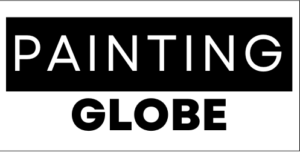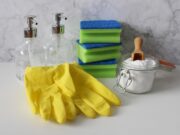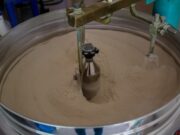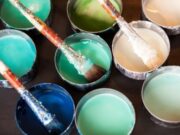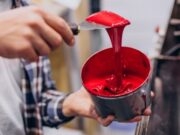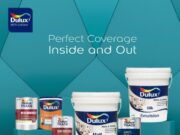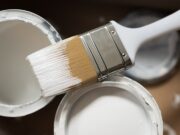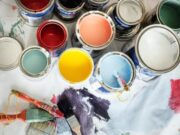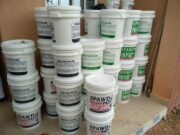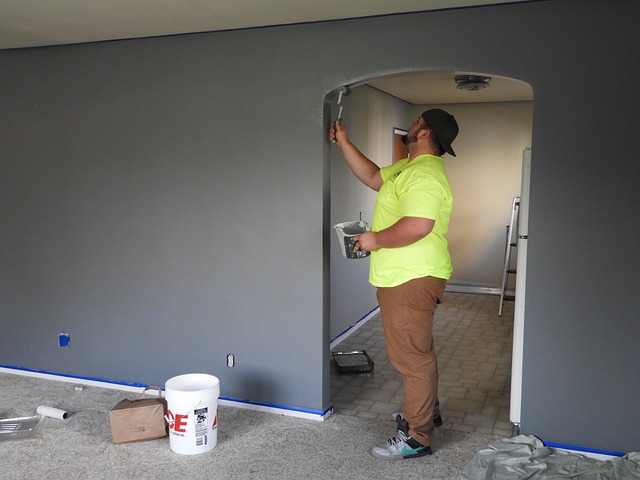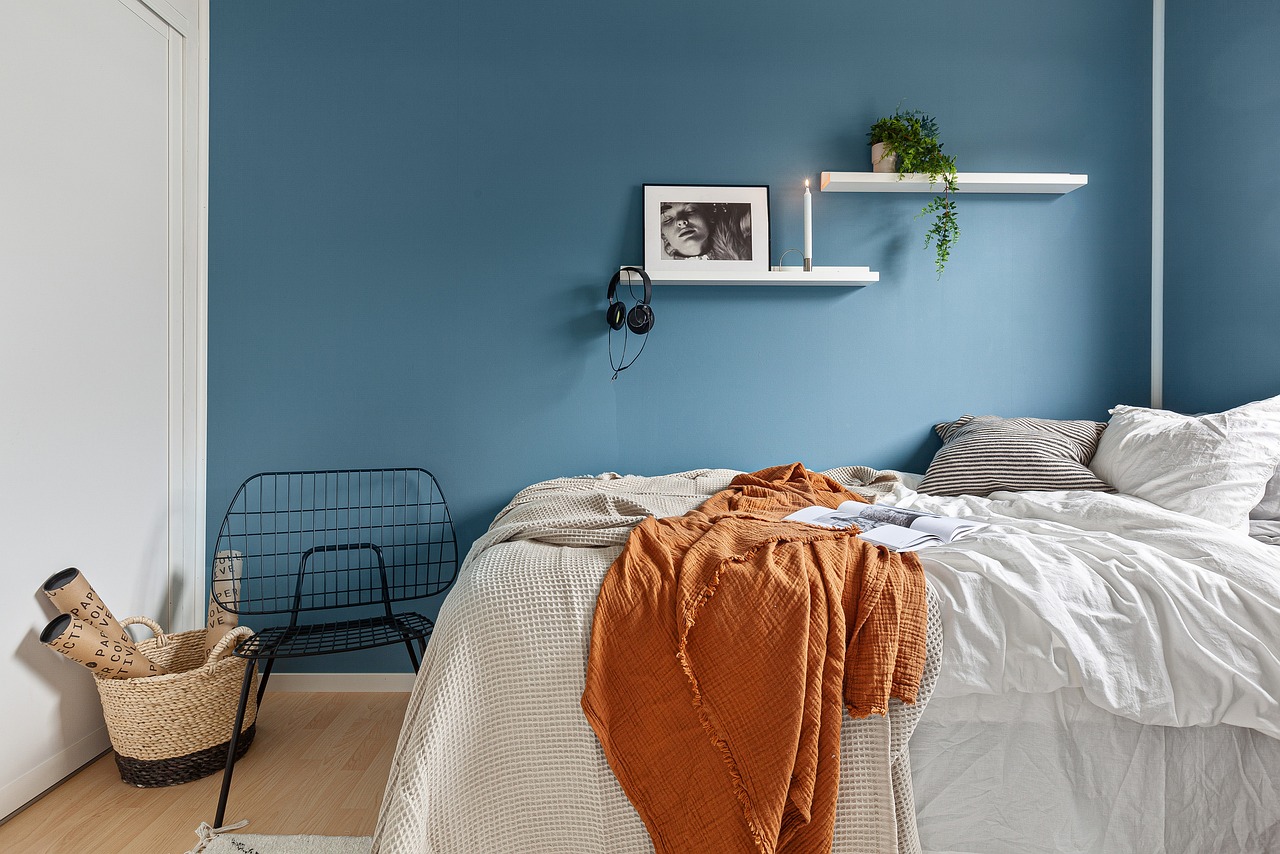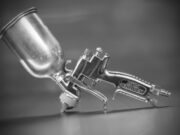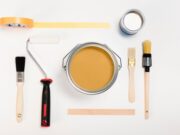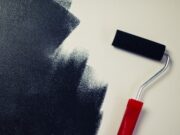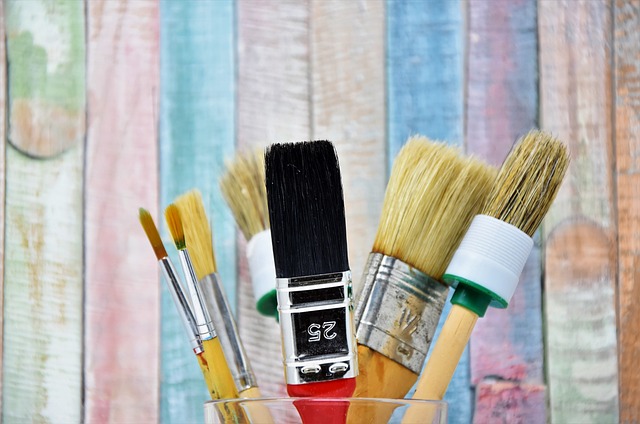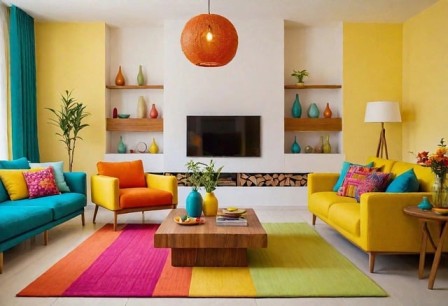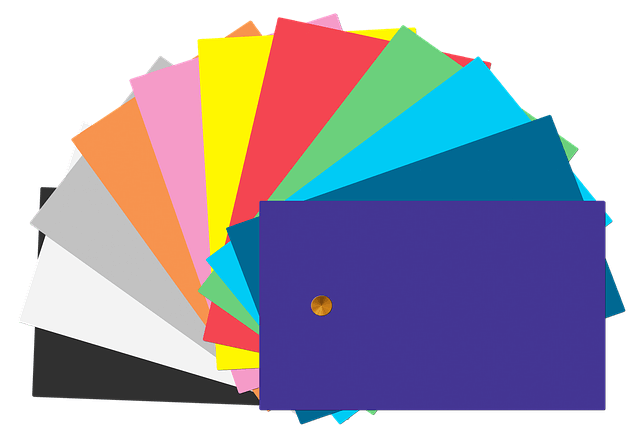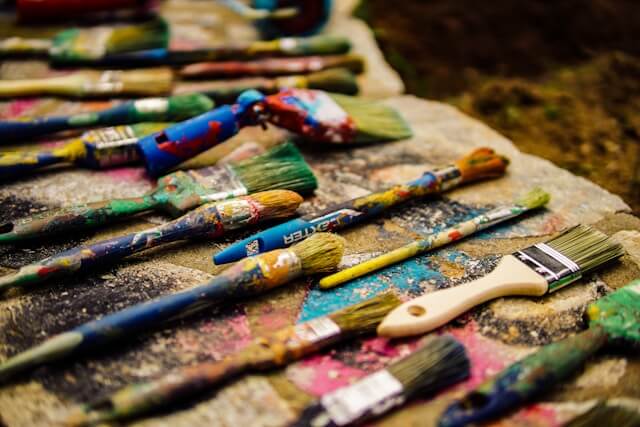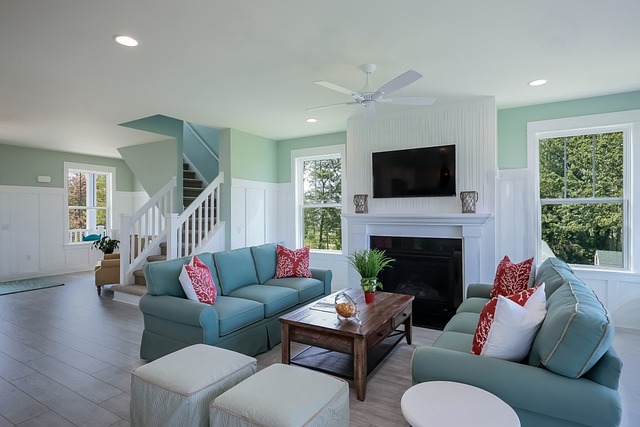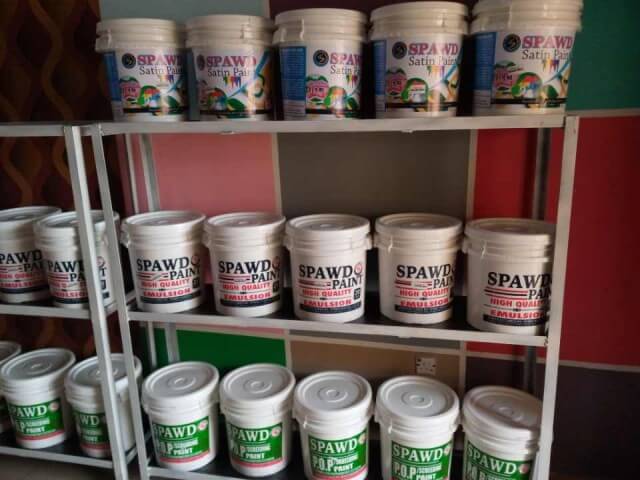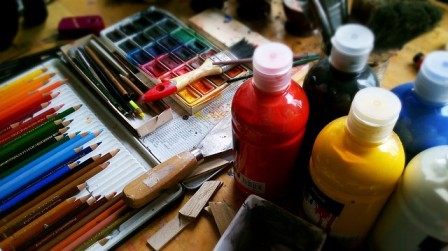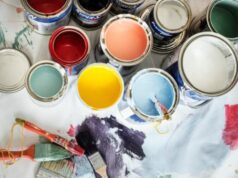Nigeria, which is often referred to as the “Giant of Africa,” boasts a burgeoning economy with a vast array of investment opportunities. Among these opportunities, the paint production business stands out as a very lucrative venture.
So, how profitable is the paint production business in Nigeria?
Paints play a pivotal role in various sectors, including construction, automotive, and industrial manufacturing.
This article will expose you to the profitability of the paint production business in Nigeria, exploring market dynamics, cost considerations, challenges, and opportunities for investors.
Overview of the Paint Industry in Nigeria
The Nigerian paint industry has experienced significant growth over the past decades.
According to industry reports in entrepreneururbusinessblog.com, the market size is estimated to be worth over ₦50 billion annually, with projections indicating a steady growth rate of about 5-7% per annum.
This growth is primarily driven by the booming construction industry, increased urbanization, and a rising middle class with disposable income for housing and renovation projects.
Key Players
The paint production industry comprises both multinational corporations and local manufacturers.
Notable names include Dulux Paints, Berger Paints, CAP Plc (makers of Dulux), and smaller indigenous companies like Meyer Paints, Portland Paints, and Spawd Paint.
The presence of these companies indicates a competitive yet profitable market landscape.
The Types of Paint in High Demand in Nigeria
Paint is used in a variety of sectors, and different types of paints serve different purposes.
Understanding the types of paint in demand is critical to the profitability of the paint production business in Nigeria.
Below are some of the most popular paint types.
Emulsion Paint
Emulsion paint is a water-based paint that is commonly used in Nigeria. It is used for interior walls and ceilings due to its durability, ease of application, and smooth finish.
Gloss Paint
This is oil-based paint. It is ideal for surfaces that require a shiny finish, such as doors, windows, and metal surfaces.
It is highly durable and resistant to wear.
Textured Paint
This type of paint is popular in commercial settings and high-end homes, textured paint provides a distinctive finish and is often used to create decorative effects on walls.
Matte Paint
This is the favorite for exterior surfaces, matte paint is excellent for covering imperfections and provides a non-reflective finish.
Acrylic Paint
Acrylic paint is known for its fast drying and water resistance, acrylic paints are used in environments exposed to moisture, such as bathrooms and kitchens, etc.
Factors Contributing to the Profitability of Paint Production Business in Nigeria
The Growth of the Construction Industry in Nigeria
The construction sector in Nigeria is one of the fastest-growing industries, contributing significantly to the GDP of Nigeria.
The demand for residential, commercial, and infrastructural projects fuels the need for paints and coatings.
Both New and old buildings require interior and exterior paints, leading to a consistent demand.
The Increase of Urbanization and Housing Development
With an urbanization rate of about 4.3% annually, cities are expanding, and so is the need for housing.
The Nigerian Government initiatives aimed at reducing the housing deficit further amplify the demand for construction materials, including paints.
The Nigerian Industrial Growth
Industries such as automotive, oil and gas, and manufacturing require specialized paints and coatings for equipment and machinery.
This diversification in demand opens up multiple revenue streams for paint producers.
Nigerian Government Policies
The Nigerian government has implemented policies to promote local manufacturing, including import restrictions on certain goods that can be produced locally.
This has reduced competition from imported paints, allowing local manufacturers to capture a larger market share.
What are the Cost Considerations of Paint Production Business in Nigeria
The Raw Materials
The primary raw materials for paint production include pigments, resins, solvents, and additives.
While some of these materials are available locally in Nigeria, others need to be imported, which can be affected by foreign exchange fluctuations.
However, efforts are being made to source raw materials locally to reduce the costs.
The Cost of Production
Setting up a paint production plant in Nigeria involves capital expenditure on equipment like mixers, dispersers, filling machines, and quality control instruments.
Operational costs also include utilities, maintenance, and overheads.
Although, economies of scale can be achieved by optimizing production processes.
The Cost of Labor
Nigeria offers relatively affordable labor compared to developed countries. Skilled and semi-skilled workers are available to source for, and with proper training, they can contribute significantly to efficient production.
The Cost of Distribution and Marketing
An effective distribution network is important. Costs involved include transportation, warehousing, and marketing expenses.
But, leveraging technology and digital marketing can help you reduce costs and reach a wider audience.
What are the Profit Margins and Return on Investment (ROI) in Paint Production Business in Nigeria
The profit margins in the paint production industry in Nigeria can range from 20% to 40%, depending on factors like production efficiency, scale of operation, and market positioning.
Although small to medium-scale producers can expect an ROI within 2 to 3 years, larger investments may take a longer period but will yield higher returns in the long run.
What are the Challenges Facing the Paint Production Business in Nigeria
High Competition Rate
The paint production market in Nigeria is highly competitive, with established brands holding significant market share.
New entrants need to differentiate their products to gain traction in the industry.
The Regulatory Hurdles
Compliance with regulations set by agencies like the Standards Organization of Nigeria (SON) and the National Environmental Standards and Regulations Enforcement Agency (NESREA) is mandatory.
So, navigating these regulations requires due diligence and may incur additional costs.
Smooth Access to Finance
Securing funding in Nigeria can be challenging due to high interest rates from financial institutions.
However, some government programs and incentives are available to support local manufacturers.
Poor Infrastructure and Power Supply Issues
Inconsistent power supply increases operational costs due to reliance on generators. Infrastructure deficits can also affect logistics and distribution.
Opportunities and Strategies for Success in the Paint Production Business in Nigeria
Niche Markets
When you Venture into niche markets such as eco-friendly paints, anti-microbial coatings, or specialized industrial coatings you can set your company apart from your competitors.
Innovation and Product Differentiation
By investing more in research and development to create high-quality, durable, and innovative paint products, you can attract customers seeking real value.
Export Potential
Neighboring West African countries present untapped markets. Establishing export channels to these countries can significantly increase your revenue.
Strategic Partnerships
A strategic partnership is important as collaborating with real estate developers, construction companies, and hardware stores can secure you bulk purchase agreements and steady demand.
Case Studies of Some Paint Producers in Nigeria
Berger Paints Nigeria Plc
Established in 1959, Berger Paints has grown to become one of the leading paint manufacturers in Nigeria.
By continuously innovating and expanding its product line, the company has maintained profitability and a strong market presence.
Meyer Paints
Meyer Paints leveraged local raw materials and focused on quality and affordability.
Their strategy of targeting both retail consumers and contractors has resulted in sustained growth.
- Spawd Paint
Spawd Nig. Limited is a leading paint production and painting service company dedicated to delivering high-quality products and exceptional services.
With their focus on innovation and customer satisfaction, SPAWD NIG Limited offers a wide range of paints designed to meet various needs, from residential to commercial projects.
Their team of skilled painters ensures flawless application, providing durable and beautiful pleasing finishes.
Known for their attention to detail and professionalism, SPAWD NIG Limited is committed to transforming spaces with vibrant paint colors and expert craftsmanship.
Conclusion
The paint production business in Nigeria is undoubtedly profitable. While challenges exist, they are surmountable with strategic planning, and efficient operations.
The industry’s future looks promising, making it a very attractive venture for entrepreneurs and investors alike.
